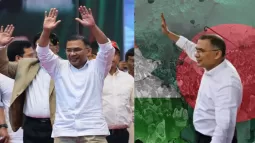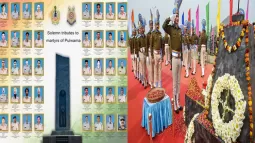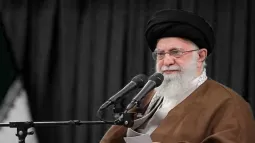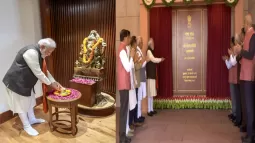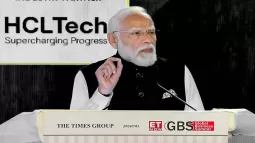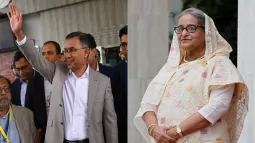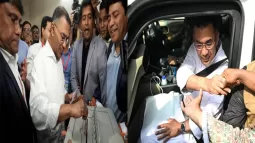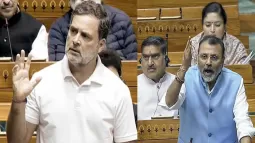
India to Raise Cross-Border Terror at International Level
India is preparing to bring international attention on Pakistan's role in promoting terrorism. Post Operation Sindoor, the Indian government has started diplomatic maneuvers. Officials have informed foreign ministers and ambassadors from several countries. The aim is to put India's position on Pakistan's past role in supporting terror.
Delegations to Visit Foreign Nations
Indian delegations will also go to other countries to explain the motives behind Operation Sindoor, as per official sources. The visiting delegations will include members from different political parties. Each delegation will have 5 to 6 Members of Parliament (MPs), along with one official of the Ministry of External Affairs and one government representative.
Eight such groups will visit five nations in a 10-day period. The tours will start on May 22 and end in the first week of June. Congress party leader Shashi Tharoor will probably lead the delegations.
Points to Be Communicated
The delegates will present five points during their foreign visits:
- Pakistan's actions that led to Operation Sindoor
- India's retaliatory action as Operation Sindoor
- Government reaction planned in case of future attacks
- Ensure terrorist camps alone were targeted and civilians were not harmed
- Pakistan's continued patronage of terrorism and global threats
Effort Serves to Show National Solidarity Against Terrorism
The officials stated the central government is interacting with opposition parties. The objective is to present the pros of national unity in fighting against terrorism. The delegates will engage with government officials, defense apparatuses, and media representatives in other countries.
Drawn by Previous Diplomatic Strategy
This move is on the lines of a previous diplomatic move in 1994. PV Narasimha Rao had then sent Atal Bihari Vajpayee to the United Nations Human Rights Commission (UNHRC). The work was in contradiction to a resolution by Pakistan on alleged human rights violations in Jammu and Kashmir.
That team consisted of Salman Khurshid, Farooq Abdullah, and India's then-ambassador to the UN, Hamid Ansari. Together, they refuted Pakistan's stand successfully, and Islamabad was forced to withdraw its resolution.

